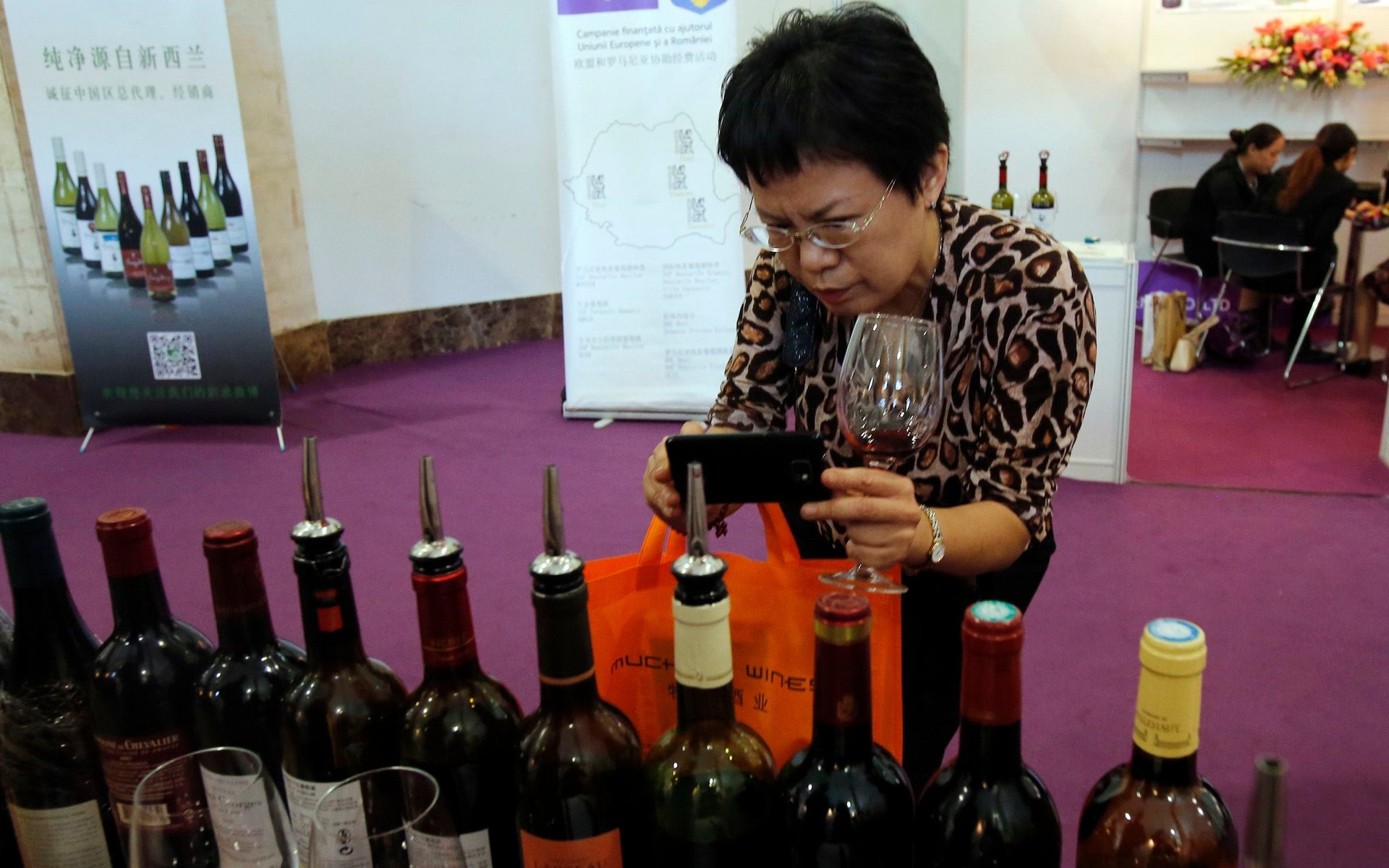The French really, really need the Chinese to drink more wine again
French wine is having another bad year. Sales of Bordeaux abroad have fallen 18% to €1.8 billion ($2.3 billion) in the year to July, according to the comité interprofessionnel des vins de Bordeaux. Wine from Bordeaux, in the west of France, accounts for half the value of exports, so it’s both a huge part and an indicator for the rest of the country’s storied wine regions. Sales also fell in 2013, a long way off the heights of 2012—when revenues from Bordeaux totalled €4.3 billion.


French wine is having another bad year. Sales of Bordeaux abroad have fallen 18% to €1.8 billion ($2.3 billion) in the year to July, according to the comité interprofessionnel des vins de Bordeaux. Wine from Bordeaux, in the west of France, accounts for half the value of exports, so it’s both a huge part and an indicator for the rest of the country’s storied wine regions. Sales also fell in 2013, a long way off the heights of 2012—when revenues from Bordeaux totalled €4.3 billion.
The reason for the decline is both a poor 2013 harvest and reduced demand from buyers in China, where sales (by both value and volume) fell by a quarter. Hong Kong’s demand for wine from Bordeaux declined by 9% by volume.
Until recently, wine was a status symbol among Chinese—to drink, and to give as gifts. Many Chinese buyers have also been snapping up vineyards in Bordeaux, Burgundy, and other appellations in France. But as a luxury good, wine has been hit hard by two factors: the economic slowdown, and the anti-corruption campaign spearheaded by president Xi Jinping. Officials are banned from buying or consuming big-ticket items, such as Burberry handbags or that Chateau Margaux from 1787. As a result, the South China Morning Post reported that China’s overall wine consumption shrank in 2013 for the first time in 10 years.
Another reason the French hope Chinese will resume quaffing wine in large quantities: they’re not drinking much themselves. In 1980, more than half of French adults were consuming wine almost on a daily basis; today, less than a fifth do so. French wine consumption fell 7% in 2013 to 2.8 billion litres, according to the International Organisation of Vine and Wine—which means the US is now the biggest market for wine in the world.